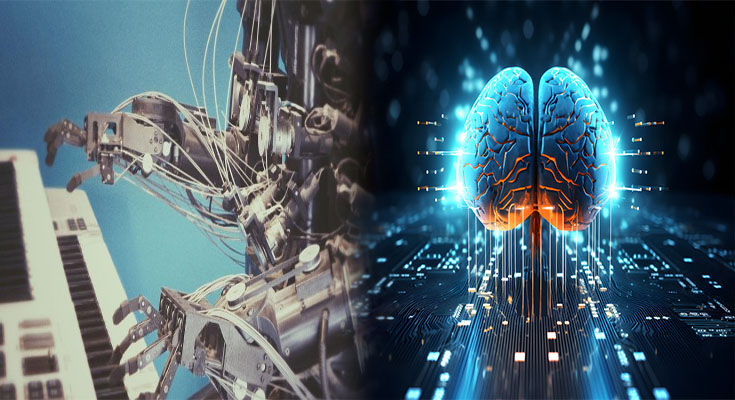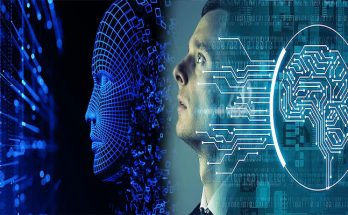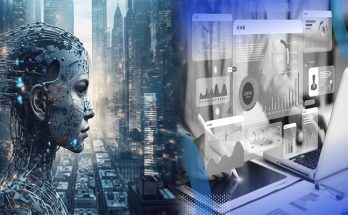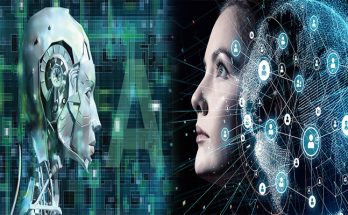Artificial Intelligence (AI) and machine learning are often used interchangeably, but they represent distinct concepts within the realm of technology. It is essential to understand how AI is defined and how it differs from machine learning in order to appreciate their respective roles and capabilities.
Defining Artificial Intelligence
Artificial Intelligence refers to the simulation of human intelligence in machines that are programmed to think and act like humans. This broad concept encompasses various technologies and applications, such as natural language processing, computer vision, robotics, and more. AI seeks to create systems capable of perceiving their environment, reasoning about it, and taking appropriate actions to achieve specific goals, thus emulating human cognitive functions.
Differentiating from Machine Learning
Machine learning is a subset of AI and constitutes a specific approach to achieving AI’s broader goals. It focuses on the development of algorithms that allow computers to learn from and make predictions or decisions based on data without being explicitly programmed. In essence, machine learning empowers machines to improve their performance on a specific task through experience, without the need for continuous human intervention or reprogramming.
Key Differences
- Scope: While AI is a comprehensive domain that encompasses the emulation of human intelligence in various forms, machine learning is a specific technique for achieving AI’s objectives through data-driven learning and prediction.
- Learning Process: In AI, the focus is on creating intelligent systems capable of reasoning and decision-making, while machine learning specifically emphasizes the ability of machines to learn from data and improve their performance.
- Applications: AI finds applications in a wide range of fields such as natural language processing, computer vision, robotics, and autonomous systems, while machine learning techniques are often applied within these AI domains to achieve specific tasks and objectives.
Understanding the nuanced differences between AI and machine learning is crucial in grasping the broader landscape of artificial intelligence. While AI represents the aspiration to create intelligent machines capable of emulating human cognition, machine learning serves as a specific method for achieving AI’s objectives through learning from data.
The synergy between AI and machine learning fuels the development of intelligent systems and technologies that continue to reshape industries and drive innovation. As these technologies continue to evolve, their distinct contributions will play pivotal roles in shaping the future of technology and its impact on society.
By comprehending the unique definitions and distinctions of AI and machine learning, individuals and organizations can better appreciate their potential and harness their capabilities to create transformative solutions and experiences.





